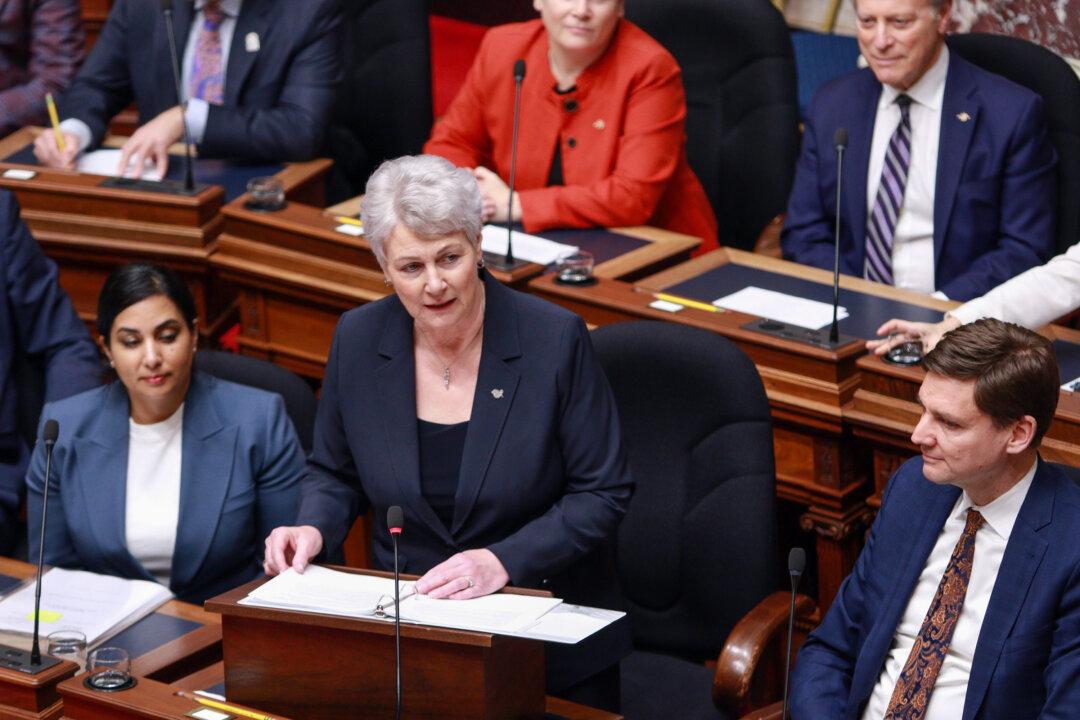British Columbia has ended the fiscal year with a deficit of about $5 billion, a figure boosted beyond the original budget forecast by wildfire expenses and what the government said was essential spending on “priority services.”
A statement said higher revenues from vehicle insurer ICBC were also offset by lower revenues from natural resources.





